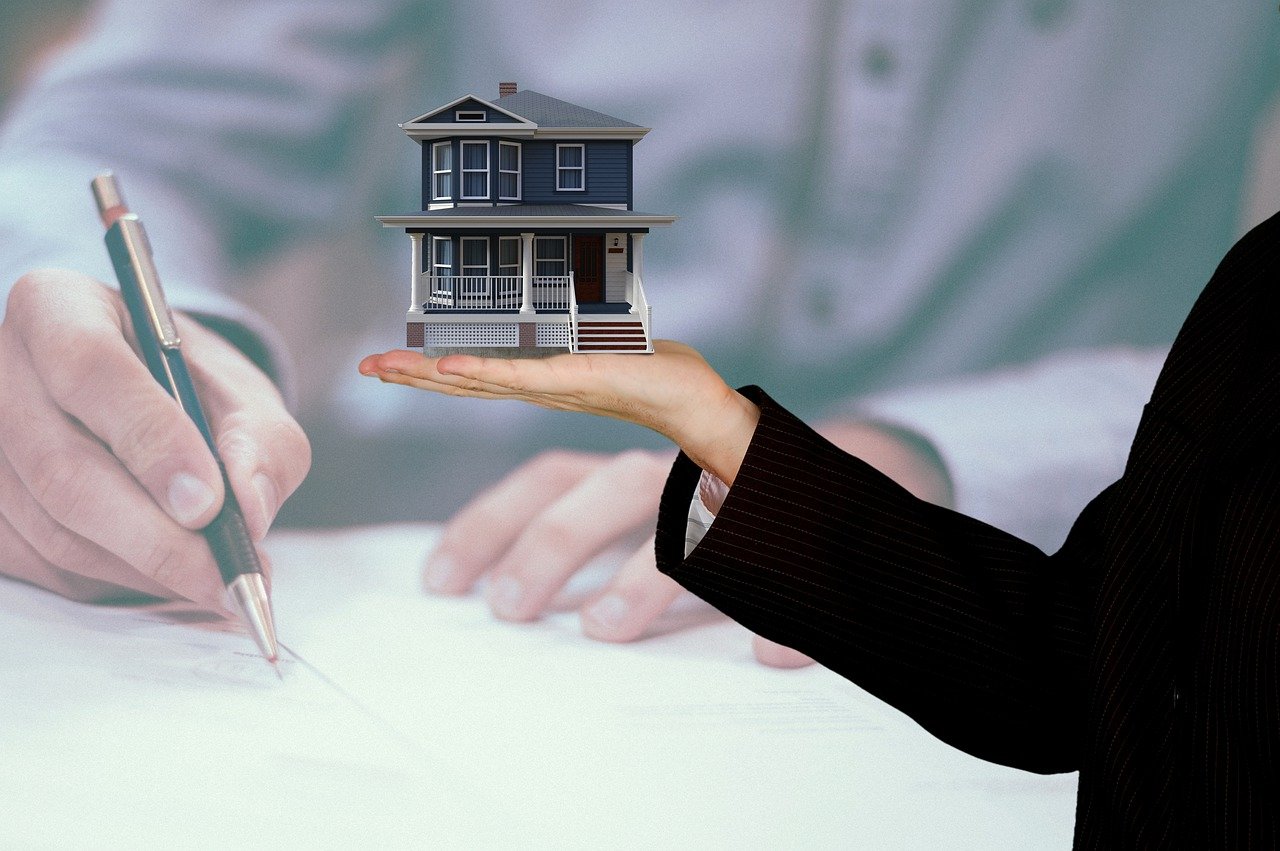The Pros and Cons of Buying an Investment Property
Purchasing an investment property can certainly be a daunting prospect and there are a number of factors to consider before taking the plunge. Despite the high entry costs and the level of commitment required to pay off and maintain your own property, it’s becoming increasingly popular amongst young people who don’t want to give up the flexibility of their lifestyle before they are ready. Investing in a property while living in another rental property certainly has its drawbacks, but it can also provide a greater amount of stability and a higher return in the long run.
When you invest in property, there are a number of extra services that you may need to pay for that you hadn’t factored into your original budget – such as repairs and maintenance, real estate agent fees and home insurance (find out more here). It’s certainly worthwhile to consider all the potential benefits and pitfalls of an investment property before committing financially.
Income From Tenants
Pro
One of the most obvious benefits of ‘rentvesting’ is that you’ll receive passive income from your tenants that will ideally subsidise your mortgage repayments. This may relieve some of the financial stress of paying off an investment property while it rises in value. It also means that you’re able to maintain your lifestyle by renting while you set yourself up for the future.
Con
Unfortunately, there are a few downsides associated with this. You may have periods of vacancy where you don’t have any tenants in your property, so you’ll have to make sure that you can still cover the cost of both your mortgage and your rent if need be. Having tenants also means that you have to manage other people, so if they are late on payment or they have special requests this will fall back on you to take care of.
A Stable Investment
Pro
Investing in the property market is seen as being a more stable investment than other avenues – such as the stock market or cryptocurrency. There is less volatility involved in investing in property because there will always be a demand for it and property values have been steadily rising for a long time. You can almost guarantee that you will see a large return on your investment if you sell it at the right time.
Owning a property also means that you have a physical asset attached to your name, and it requires less specialised knowledge and constant vigilance than monitoring the stock market. You will have to do some research on the location and the kind of property you plan to invest in – you should look for an area with high growth rates and low vacancy rates.
Con
The lack of volatility involved in a property investment also creates a lack of liquidity. If you purchase shares, you can sell them at a moment’s notice and you don’t need as much money just to break into the market. Property can take a lot longer to sell, and it may not be worth it if you have to sell it earlier than expected. There is still a degree of risk involved in the property market, because if something changes your investment may not perform as well as you expected.
Money Matters
Pro
You will be able to claim tax benefits on your investment, such as deductions on the interest charges, management costs, maintenance costs and other related expenses. This may be of major benefit to you at the end of each financial year.
Con
Unfortunately, purchasing your first property as an investment also means that you lose access to first home owner grants and you have to pay a capital gains tax when you sell it (this tax does not apply to owner-occupied properties). You may also have to pay unforeseen expenses such as repairs for damages to the property from natural occurrences like heavy rainfall, and you will have to pay for the ongoing maintenance of the property.
Drawing up a budget for an investment property may have more involved in it than you first predicted, and it may take time and research to ensure you are including everything in your spreadsheet.

